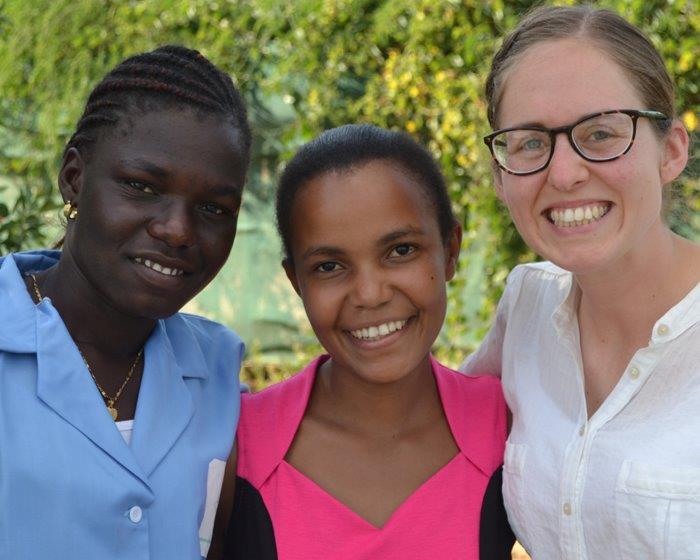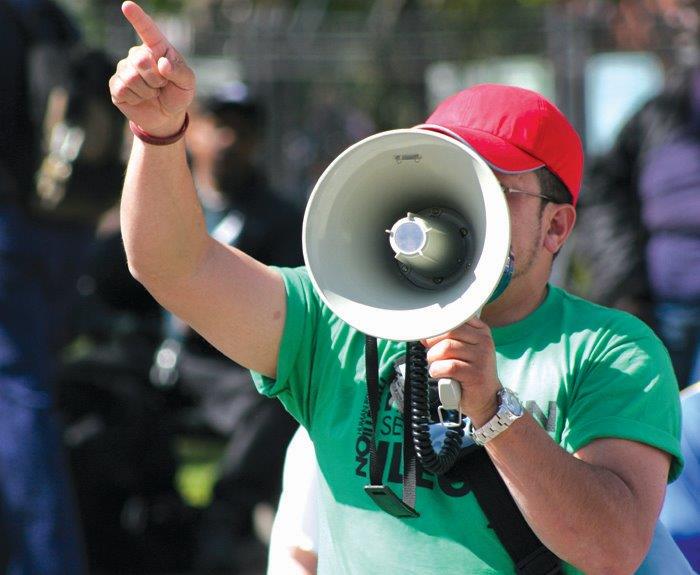At 11.45 every morning, three soothing bells chime out from my iPhone. “Do you want to meditate?” comes the helpful enquiry from my screen, sent each day without fail by my ‘Mindfulness’ app (with handy alerts and tools to track my progress as an enlightened member of the human race).
I glance at my screen. “Seriously? Meditate now? I’m driving/typing/hanging out washing/reading at my child’s school/masterminding the incoming reign of peace and justice for the world. Maybe later…”
The philosopher Socrates famously suggested that the unexamined life was not worth living. It’s a pretty bold statement. Are we all to be philosophers, floating through life clad in yoga pants, clutching our Mindfulness apps and gazing earnestly at our navels? Or did Socrates have something more balanced in mind?
Church communities have typically been big on reflection – worship, preaching, Bible study and prayer all encourage us to examine our lives carefully. For me, no matter what chaos the week has held, our lay preachers seldom fail to produce the gem of an idea to polish throughout the week. Too often, though, nothing much happens beyond mental activity. I find it relatively easy to ponder. It’s harder to act. And there’s been no shortage of criticism fired at the church over exactly this tendency.
How do we get the balance right between thought, belief and action?




